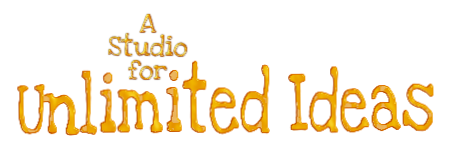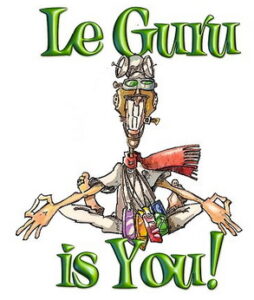I remember several years ago when I walked into the kitchen and saw my father for the first time. Of course, it wasn’t literally the first time I’d seen him-I’d seen him thousands ofttimes before-but this was the first time I’d really seen him. It
was the first time I saw what was actually there-not what I imagined to be there, not what I hoped to be there, not what
I thought should be there, but what was actually in front of my eyes. I saw beyond the story “He’s my father” and beyond the
story “I’m his son,” and what I saw was, well, simply what was there–an elderly gentleman with gray-white hair, sitting at the kitchen table, eating some cornflakes.
Who was this man? I had to admit, really admit, the truth-I didn’t actually know. All of those years of “knowing” him, all of those years of certainty about who he was, and I had never really met him. I had been too enmeshed in my father-son-relationship story to really see the one who was actually there. In all of those years spent trying to be a son, trying to play that role in the way I thought it should be played, trying to hold up that false identity, trying to relate to him as a father, with all the conditioning and expectations that word brought with it, I had missed the reality. I had called him “my father,” and I had assumed I knew what I meant by that. But could those words, my father, ever begin to capture who and what was actually here? Could this man ever really be mine at all? Could anyone be mine? Without the story, who was I, in this moment, in relation to this man? Beyond the story, there was only intimacy with the one in front of me.
Somehow it was in that not knowing that we really met. Beyond the roles; beyond the “father” story, the “son” story;beyond the concepts of how a father should behave, what he should and shouldn’t be able to give his son; beyond the conditioned ideas of what a son should expect from his father beyond our history, we really met. Past and future were stripped away, and all we had together was now. This was the only moment. How precious it was-and how precious he was, how fragile, how mysterious. How fascinating he was too. I saw the wrinkles on rus hands, the lines on his face, the little bit of saliva dribbling down his cheek. His hands trembled a little as he lifted the spoon to his mouth. His fine, white hair stood up a little in the back. His breathing was a little raspy. It was almost like being in love. He was a work of art.
Stripped of the story-the story of expectations, the story of what I needed him to be, the story of how he had or hadn’t been the father I needed, wanted, expected, or had been promised- how innocent he was. I had made him guilty by expecting so much from him, by seeking from him something he could never give. I had placed a burden on his shoulders the burden of being “Father,” the burden of being the one to complete “Son.” In my seeking, in my search for home, in my need to hold up an image of myself as “Son,” I had held him up as “Father,” with all the expectations that word brought. We had never truly met each other.
But he could never live up to my image of “Father,” the image that had been programmed into me. Nobody can live up to an image. In comparison with this “father” image, he would always be imperfect. He would be too this or too that too emotionally withdrawn, too concerned with money, too closed minded, too un-spiritual. Too involved in my life or not involved enough. Too father or not father enough.-
But without the image, there was an undeniable perfection here. He wasn’t too this or too that. He was just as he was, in this moment. And nothing else was possible but this moment.
It was bittersweet, this meeting. It was intimate and beautiful, but it was also a kind of loss. A loss of the roles, of “father” and of “son.” A loss of the past and the future. A loss of time itself. And all that was left was a timeless love with no name, both radically impersonal and intimately personal at the same time. Words will never even begin to capture it, this mystery at the heart of the most ordinary of things-the mystery of a man eating cornflakes at the breakfast table. It’s enough to break your heart, over and over again for the rest of your life.
I still carry on calling him “my father,” of course, but underneath, it’s known that he could never be mine. I cannot own him-or anyone. I wouldn’t want to own him; possession destroys intimacy. But somehow-and here’s the paradox and mystery-in that loss, in that death of possession, I actually lost nothing. All that was lost was illusion. All that was lost was the dream that the one in front of me could ever match my image of him, could ever be what I expected him to be.
The idea of our father-and-son relationship had actually gotten in the way of present-moment relating with the man in front of me. In holding up the story of our relationship, the story of father and son in space and time, we had stopped seeing each other in the here and now. In our relationship, we had stopped relating.
Beyond the story of “us,” beyond the dream, beyond all our images of each other-that is where true relating is really possible. Beyond the father story, the son story, the mother story, the daughter story, the husband story, the girlfriend story, the student story, the teacher story-that is where true intimacy lies. And the reality is, we always meet beyond the story. We always meet beyond the image. What I am, what you are, is the open space in which all images come and go. What I am, what you are, cannot be defined by any story.
As consciousness, I am what you are, always.
I am what you are, and that is unconditional love.
—Jeff Foster



